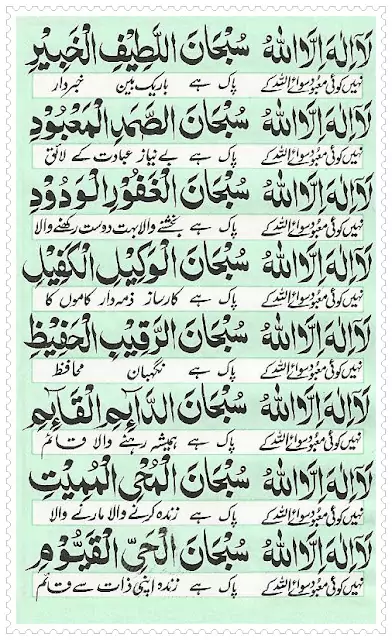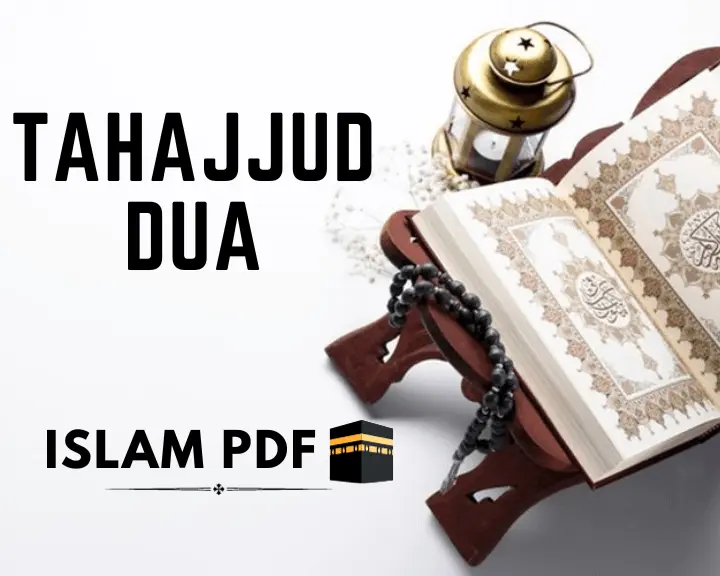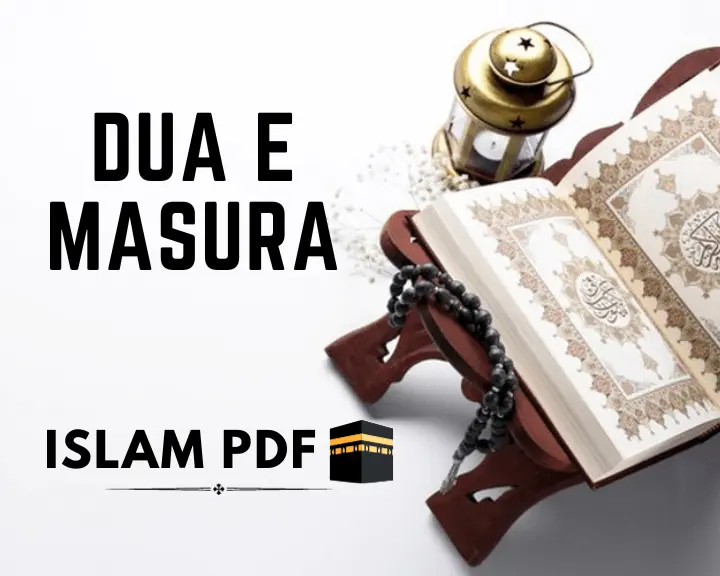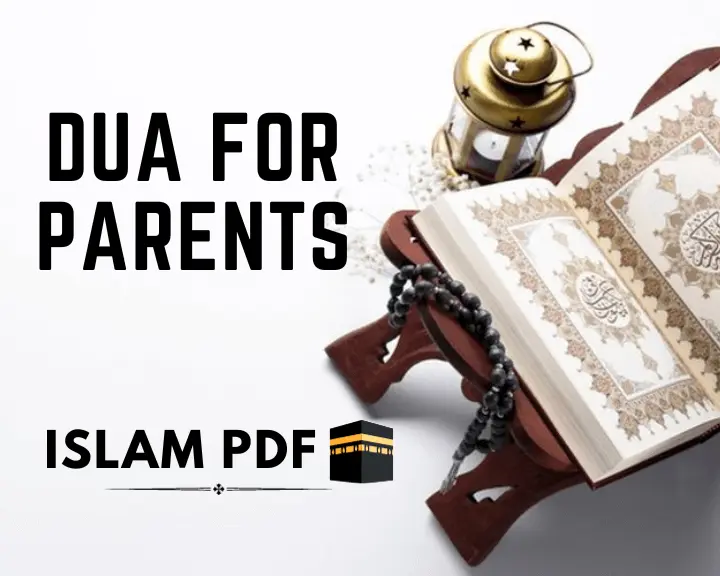Dua e Ganjul Arsh PDF | Read Online | Download | Benefits
In our Islamic rituals, “Dua e Ganjul Arsh” is a prayer or request, and “Ganjul Arsh” refers to the wealth or treasures of the Lord’s Throne (Arsh). calling God’s names and characteristics during a dua is a common practice for a variety of purposes, including safety, healing, and need satisfaction. For a deeper understanding of safety and healing yourself explore Ayat ul Kursi and Dua for Healing (Shifa) respectively.
Download Dua e Ganjul Arsh PDF and MP3
The subject matter of this dua varies depending on societal and customary beliefs, and there isn’t an interpretation that is generally accepted or uniform.
Read Online














Specifications
- There is no set formula for Dua e Ganjul Arsh, along the translations can differ in various religious classes.
- Reciting the Creator’s names and qualities is the usual method used to ask for assistance, good fortune, as well as security.
Benefits
The advantages that are often cited include rehabilitation, looking for good fortune, defense from adverse effects, the need for happiness, and fortifying one’s religious bond with Allah. Additionally, individuals may also recite dua for income or rizq, emphasizing the connection between spiritual well-being and material sustenance. These advantages may differ depending on personal experiences and are frequently founded on societal or customary opinions.
Why Do We Recite?
We read this dua for a variety of purposes, including safety, meeting requirements, restoration, and fortifying their religious bond with the Lord. The choice to recite particular duas, such as Dua e Ganjul Arsh, is influenced by social and traditions.
When to Recite?
While we are usually urged to make prayers at any moment, there is no set time in Islamic teachings for reciting Dua e Ganjul Arsh. However, there are sometimes that are thought to be more suitable for dua.
Summary
In conclusion, Dua e Ganjul Arsh is a request with adaptable demands that Muslims may pray at any time for a variety of reasons without following any set Islamic teachings. It is also thought to bring various benefits. The choice to recite this dua is frequently impacted by conventional social, and individual factors.






